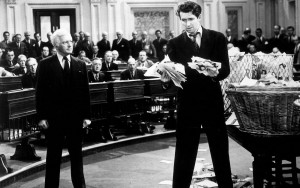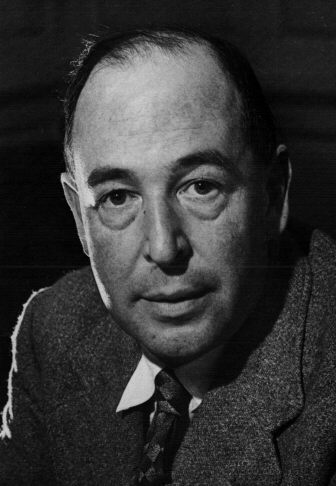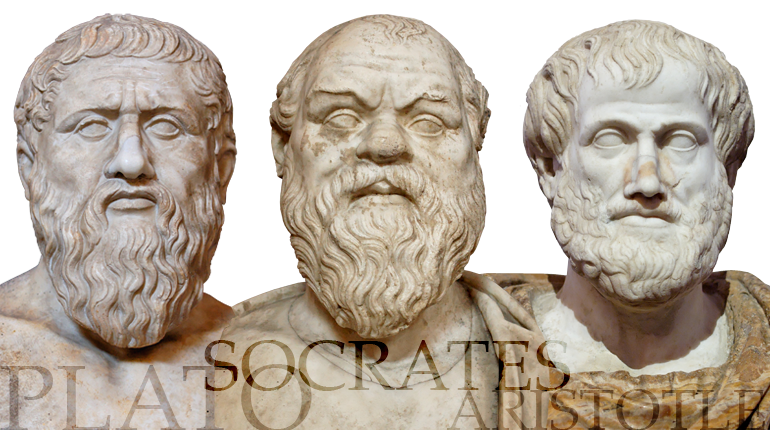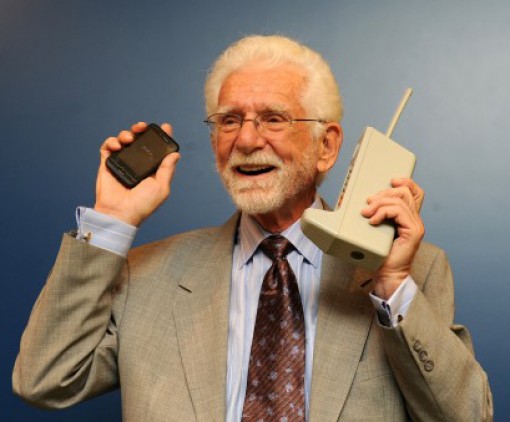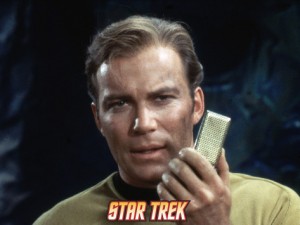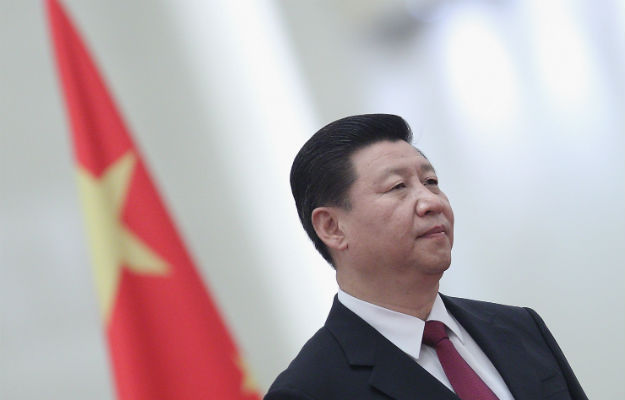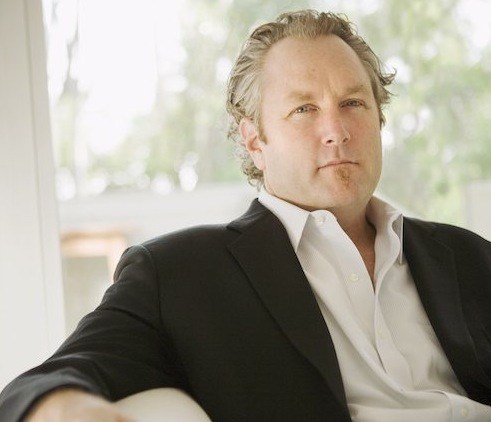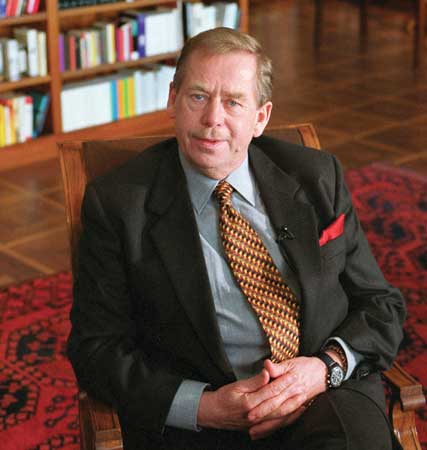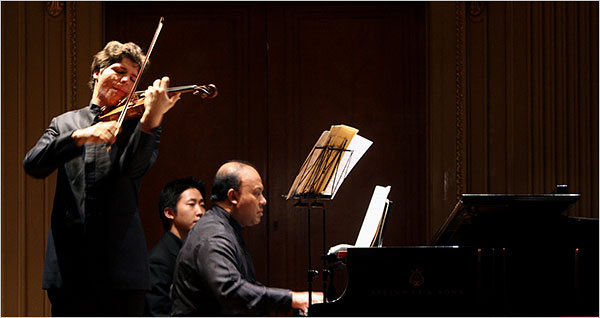
Every once in a while, you see something that transports you so much you start to think maybe there is still hope for us homo sapiens. Everything you thought you knew about hard work, preparation, capability and profound comprehension are shown by someone to exist at a higher plane than you ever thought possible. That was my concert experience recently watching and listening to Augustin Hadelich perform Beethoven’s D major Violin Concerto with the Milwaukee Symphony Orchestra. One of those generational talents, Hadelich at a very young age appears to have grasped the dual oracles that are provence of only the greatest of performers, pyrotechnics and poetry, and welded them into an artistic whole. We are consumed with the apparent demise of glorious, elevated expressions that seem to have faded from western civilization after a 500 year renaissance, and then someone like Augustin Hadelich comes by, and you realize we are going to go forward for a few years more. That is why Augustin Hadelich is Ramparts People We Should Know #28.
Augustin Hadelich is an immigrant American citizen, born and raised in Tuscan Italy by German parents. It may well be that the cultural life forces that are Italy and Germany have infused themselves into a perfect concoction. Sunny Italy with its romance and poetic view of the beauty of life. Earnest Germany with its craftsman precision and its teutonic discipline. Born in 1984, raised on a farm in northern Italy, Augustin showed prodigy talent in a musical family, but it took a catastrophic accident to bookmark a whole new level of genius. At the age of 15, Hadelich was horribly burned over two thirds of his body, and for almost two years had to give up playing the violin, too painful to contemplate the difficult physical nature of the instrument. Like a Phoenix from the ashes, however, at 17, a completely new artist emerged, and a new direction as well. Hadelich was accepted to Juillard, the citadel of budding performers, in New York, and trained under acclaimed teacher Joseph Smirnoff. It was at Juillard that Hadelich credits finding his musical voice in the multiple chamber music opportunities that taught him how to play with an intimate tone, and once married to his prodigious physical gifts, his career has been thereafter on a rocket to stardom. He won the 2006 Indianaopolis International Competition Gold Medal, the Avery Fisher Prize, and other major perfomance awards. He has already performed with all the leading orchestras in the world. And when an adjective is looked for to describe his play versus the many other technically skilled artists now perfoming, it is one word -masterly.Augustin Hadelich is a true master in the classic sense of the word. He can play everything, and he can play everything better than most.
Beethoven created his violin concerto for masters that did not yet exist. the first performance in 1806 of the concerto was not well received. It was not understood by audiences that were not prepared to have the violin dominate a piece the way that the piano was achieving at the time. Beethoven, this most masculine of composers, briefly found himself in unusual territory of doubting his work. Concerned that such a piece might be too big for the performers, he hastily transposed the concerto instead for piano, but that was even less successful. It would take 40 years, for the great performers of the 19th century like Paginini and Joachum, to elevate the violin into a performance level like the piano in the minds of audiences, and with such talents, the Beethoven concerto began to soar, and never again was thought of in any way other than the zenith of performance concertos.
The D Major concerto carries the performer through the orchestral composition like no other, defining the melody, then framing it over, through and under the orchestra, emerging at times, like the most intimate of string quartets, singing like a celestial chime above, than at other times pulling the orchestra along with macho warmth and fullness. It holds for the performer a restrained kind of fiendish difficulty, until the performer is exposed in the cadenza, the famous finale of the first movement, and reminds all of the enormous capacity of the violin instrument, and the technical skill of the performer. Some performers can play lyrically, some can show pyrotechnical brilliance, and some can emote great discipline, but Hadelich can do it all, and do it so effortlessly, that you wonder if this is what the greats in the golden age of classical music sounded like – the Joachims, the Krieslers, the Heifetzes. Hadelich shines most at the upper range of the violin, that fiendish region at the top of the finger board with the sonic vibrations of notes differ minisculely, and the spaces between them for the fingers to function, even smaller. The best players in the world can sound harsh and thin in this rarefied play area, toneless and cold. Not for Augustin – the quiet high passages ring like celestial chimes, with the purest of tones at the most pianissamo of play. He is playing in the music of the other world, and inviting us to briefly to bask in its glory.
We don’t always recognize the Great Masters, but they are still among us. Taking life, and coloring it like a prism, sounding it like the oceans, describing it as one would the angels. Augustin Hadelich is already a Great Master, and Ramparts People We should Know #28. Behold – the Music of the Spheres.


